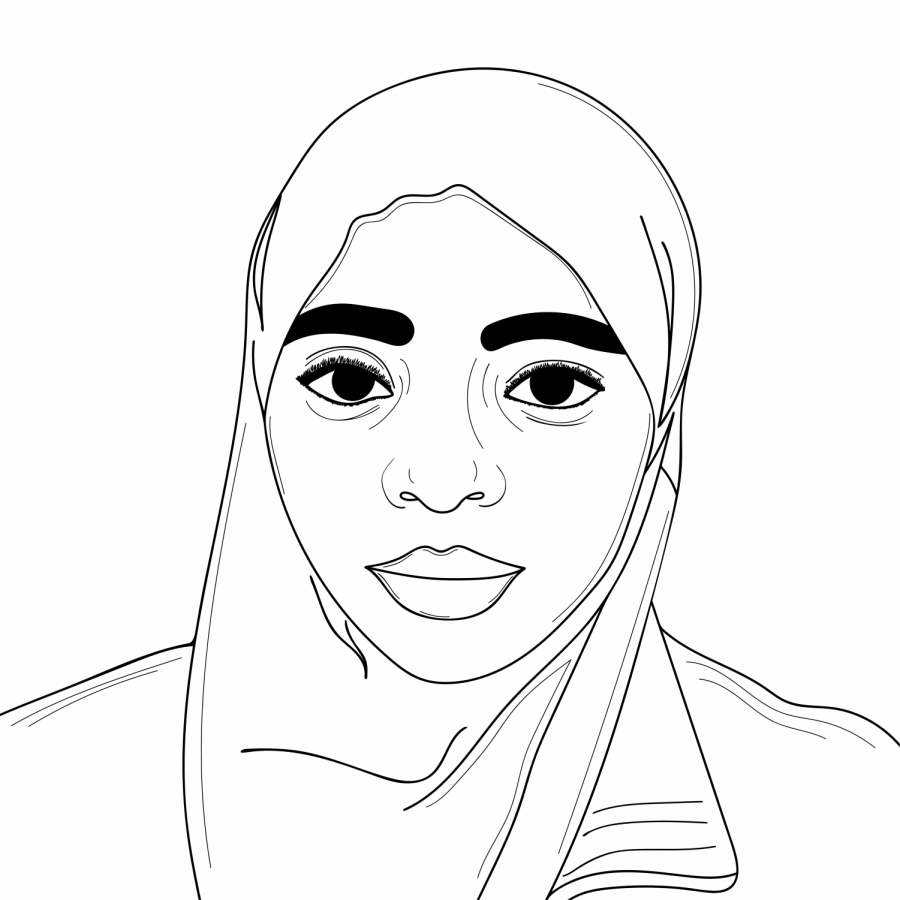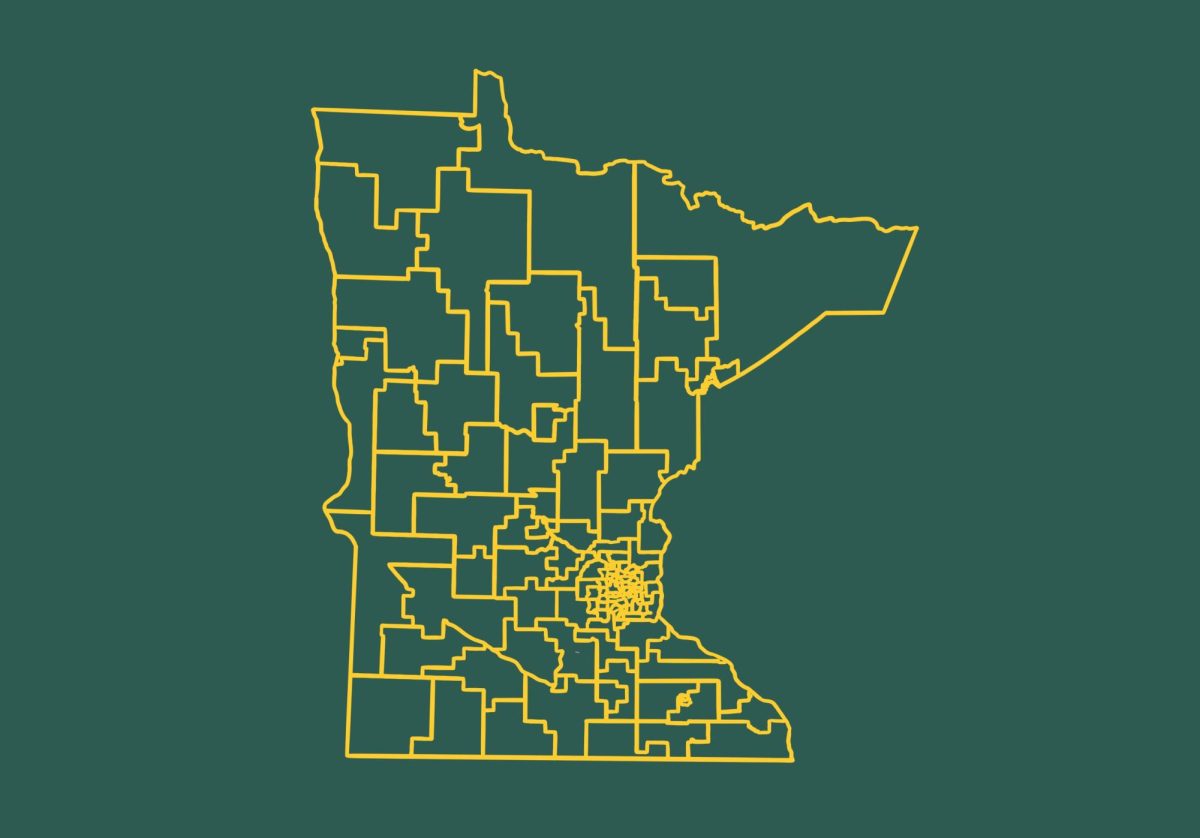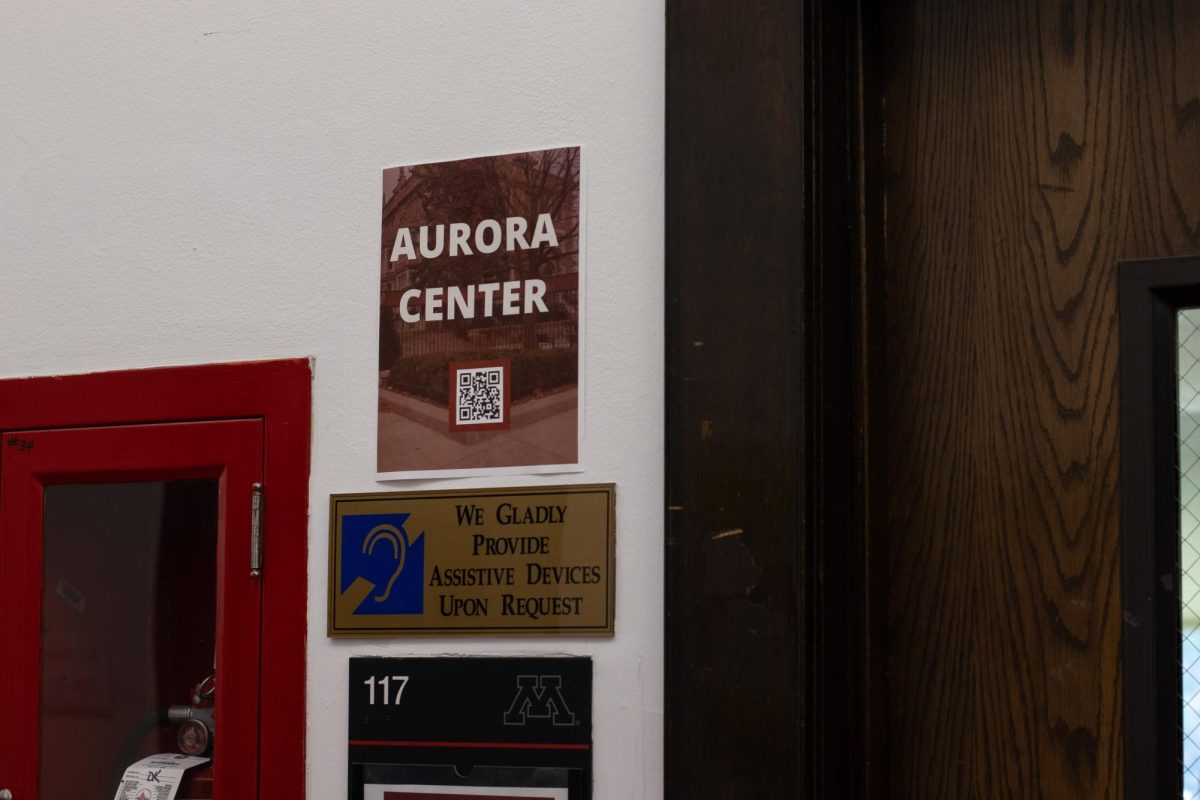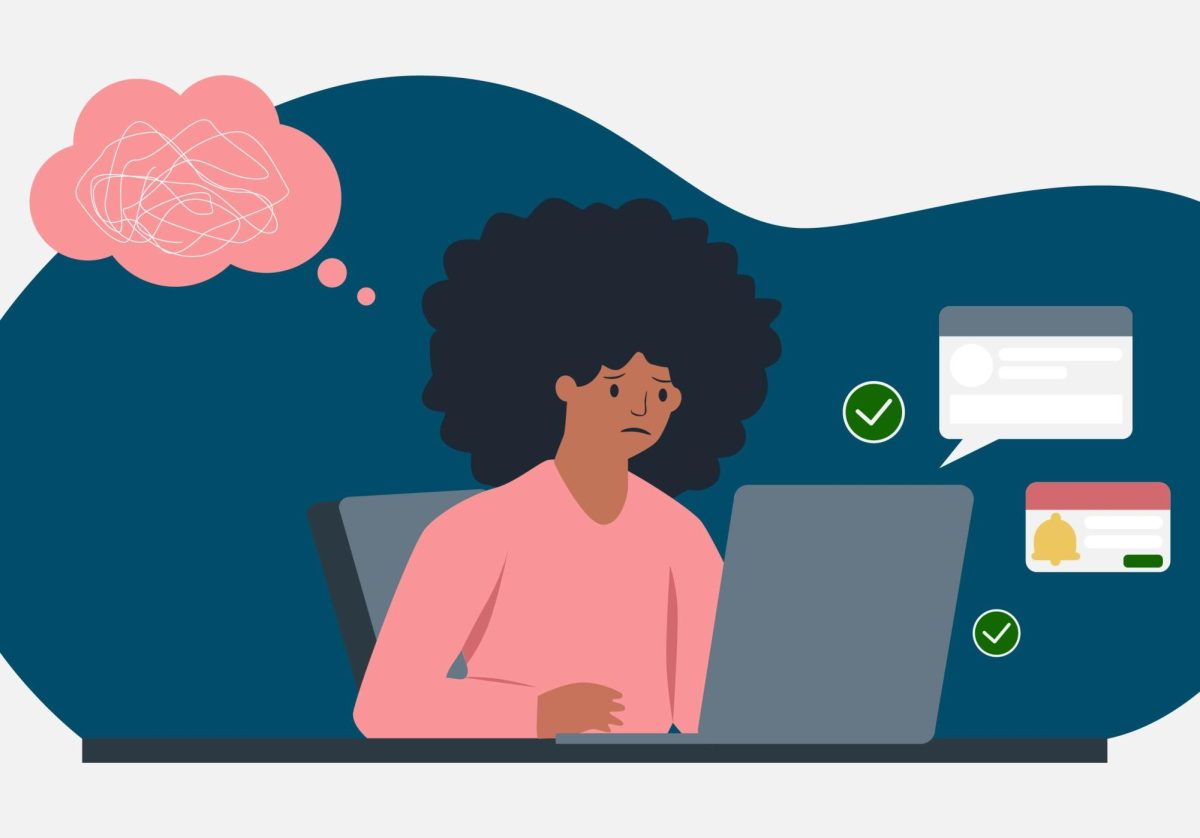It is the time of the year where our Muslim neighbors celebrate one of the two major festivals in Islam, Eid Al-Adha. It is on the 10th day of Dhul-Hijjah, the 12th month of the Islamic calendar (the lunar calendar which coincides this year with the Gregorian calendar on Tuesday, July 20, 2021). Eid is celebrated by nearly two billion Muslims around the world. So when it nears, you will see Muslim families at shopping centers buying the best of clothes to wear to prayer on Eid morning, biscuits and sweets to share with neighbors and gifts to exchange with beloved ones. It is a joyful moment every Muslim looks forward to.
As children, we used to sleep with our Eid clothes by our pillows, even wearing them to bed at times, with henna painted on our hands and hair covered with garments so it didn’t get ruined. Eid for children is even more looked forward to, especially when all the aunties and uncles and parents will be giving the children Eid money all day long.
Muslims that are able to are required to slaughter an animal, usually a goat, cow, or camel, to then divide into three portions: one portion for you and your family, a portion for neighbors and friends, and another portion for the poor. No one is to be left hungry on that day.
On the days leading to Eid day, those of us who did not go to Hajj fast the voluntary first nine days of Dhul-Hijjah. The Hajj, or pilgrimage, is the fifth pillar of Islam obligatory for Muslims to perform by going to Mecca in Saudi Arabia at least once in their lifetime, but it is only obligatory upon those who have the means to do so.
On the ninth day, the Muslims at home fast and those in Mecca stand the day of Arafah, known as Waqfat Arafah, which translates to standing on the mountain of Arafat in Mecca. This day is particularly special to Muslims. In it, the sins of the past year and the following year are forgiven if sought after with good deeds and supplications. It is the day the prophet, peace be upon him, delivered his last sermon: the farewell sermon. In it is when the last verse of the Quran, chapter 5:3, was revealed and in it is the day when the religion of Islam was perfected. It is the holiest day in the Islamic calendar.
We fast the morning of Eid until the prayer of Eid is performed in congregation, symbolizing unity with the remembrance of one of the last words of the prophet during his last sermon. He said, peace be upon him, “All humans are descended from Adam and Eve, there is no superiority of an Arab over a non-Arab, or of a non-Arab over an Arab, and no superiority of a white person over a black person or of a black person over a white person, except on the basis of personal piety and righteousness.” And on Eid day prayer, we see people from different backgrounds and colors side by side praying to the same God all around the world.
Then starts four days of celebration, exchanging gifts, visiting families and rewarding children by taking them to playgrounds and events hosted for that day for children and adults. This year, we have Eid fests around the Twin Cities for families and children to spend their day playing games, competing in tournaments, eating food and attending speeches.
If you would like to help us celebrate, we have a free event for sisters only. This will be Saturday, July 24, from 4 p.m. 10 p.m. on a charter cruise in Minneapolis that includes speeches and “good vibes.” All women, regardless of religion, are welcome to join the cruise event.
The Eid day and the following days are spent in remembrance of Allah through prayers and supplication, while enjoying the blessed days of Dhul-Hijjah. It would be amazing for Eid to be a national holiday here in the United States, to show oneness with American Muslim communities.
Eid Mubarak to all Muslims in our community and those around the world.
May you all have a blessed Eid.













